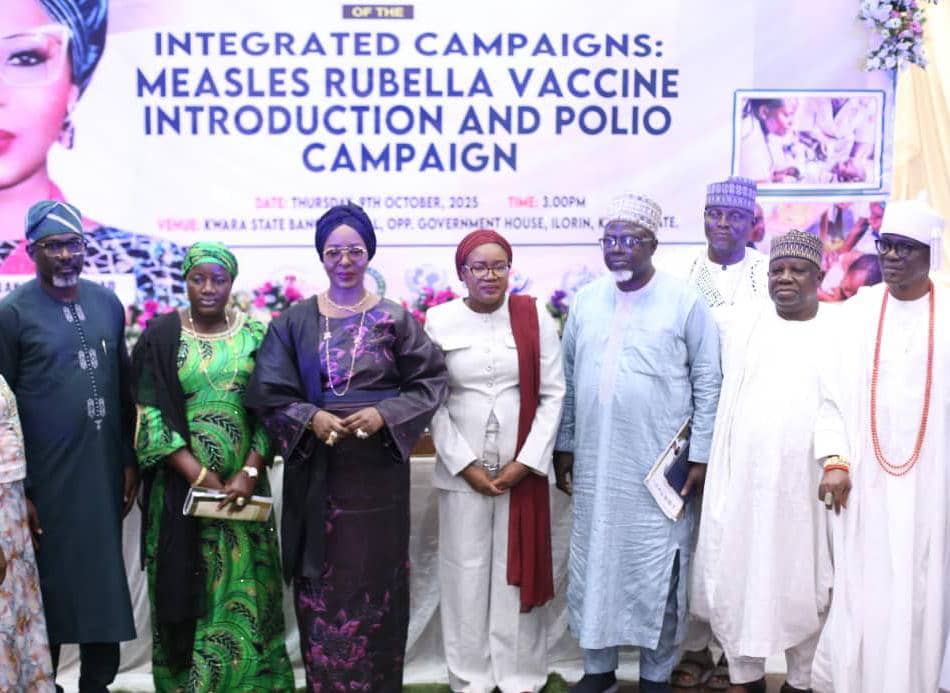A baby has been born using three people’s DNA for the first time in Britain.
Most of the child’s DNA came from their two parents but about 0.1 per cent was from a third person, another woman.
The Human Fertilisation and Embryology Authority (HFEA) said “less than five” babies have been born in the UK this way, but no further details have been released to protect their identity.
The scientific technique is designed to prevent children from being born with devastating mitochondrial diseases.
These are long-term, genetic and often inherited disorders that occur when mitochondria fail to carry out their function of producing energy for cells in the body.
These illnesses can be very serious and often fatal.
In children, symptoms can include poor growth, poor muscle tone, weakness, failure to thrive, spasms and a slow-down in progress or slow deterioration.
Some families have lost several children to inherited mitochondrial diseases and the new technique, mitochondrial donation treatment which is a modified form of IVF.
This is seen as their only chance of having a healthy child.
The DNA from the second woman only affects the mitochondria, and did not affect other key traits in the child such as appearance.
The latest findings were first reported by the Guardian following a freedom of information request.
Britain became the first country in the world to formally allow mitochondrial replacement therapy (MRT) when the HFEA gave a cautious green light to the procedure in 2017.
In 2018, fertility doctors at the Newcastle Fertility Centre at Life were given permission by HFEA to give two women the treatment.
Peter Thompson, chief executive of the HFEA, said: “Mitochondrial donation treatment offers families with severe inherited mitochondrial illness the possibility of a healthy child.
He added: “The UK was the first country in the world to allow mitochondrial donation treatment within a regulatory environment.
“The HFEA oversee a robust framework which ensures that mitochondrial donation is provided in a safe and ethical manner.
“All applications for treatment are assessed on an individual basis against the tests set out in the law and only after independent advice from experts.
“These are still early days for mitochondrial donation treatment and the HFEA continues to review clinical and scientific developments.”
Sarah Norcross, director of the Progress Education Trust, said UK laws relating to the treatment were “passed only after many years of careful research, assessment and deliberation”.
She added: “Even then, it was decided that use of this technology will be permitted by the regulator only on a case-by-case basis.
“This measured approach was and is appropriate, given the relative novelty of this technology.
“News that a small number of babies with donated mitochondria have now been born in the UK is the next step in what will probably remain a slow and cautious process of assessing and refining mitochondrial donation.”
















